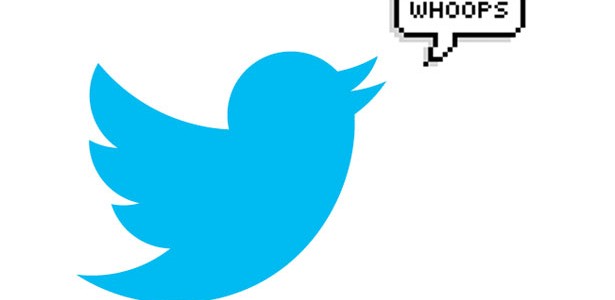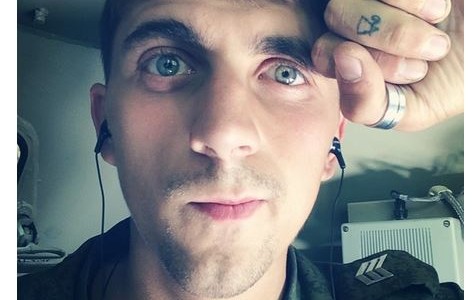Yesterday, Verizon agreed to pay the FCC 7.4 million dollars as compensation for violating their customers’ privacy. Since 2006, the company did not explain to their new customers, that they can either approve or refuse to let Verizon share their…
Our Information is Safe from Hackers… For Now
The chances of being hacked varies on every individual, but every time we use the Internet, we risk contacting a virus or any technological disturbance that steals our confidential information. Occasionally, the news will mention users that lost their personal…
Cable Companies Scramble to Compete Against the Fastest Internet
Rural areas are usually expected to not have internet access since internet providers prefer serving cities for guaranteed profit. Recently, Chattanooga is the fastest internet service in America, with the speed of every second loading one gigabyte, emerged in urban…
TiVo Collaborates with Market Research
In the 90’s, TiVo was known as digital VCR, but the company created a new form of their product. Due to Aereo’s crime, which allowed users to record and stream shows on mobile devices without broadcaster’s consent, the TiVo company…
Twitter Posts during Crime demonstrates that Online Information need to be Supervised

In Seattle, the police discouraged civilians from tweeting during local criminal activities such as manhunts and shootings. These crime tweets may inform the culprits about the current location and actions of the police. Although there has been no incidents…
Can Selfies be a Reliable Source of Evidence? (blog)

Sometimes uploading selfies online will leak confidential information about the user. Recently, a Russian solider named Alexander Sotkin casually posted a selfie on his Instagram, which exposed his location. Ironically, Sotkin was claimed to be a communication specialist by…
